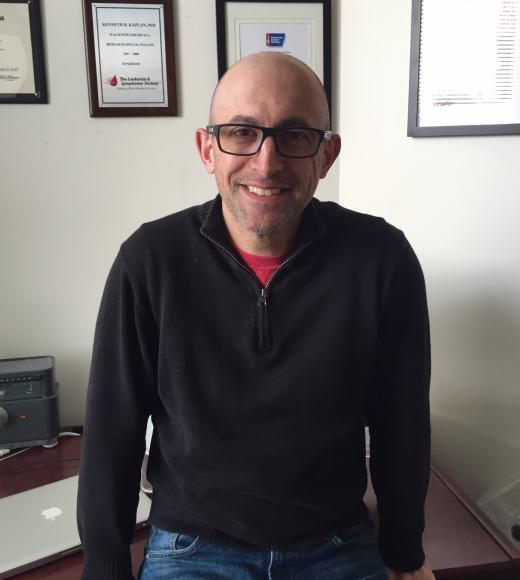
Position Title
Professor
- Molecular and Cellular Biology
Research Interests
To better understand the mechanisms and pathways underlying chromosome maintenance, we are focused on pathways that ensure the integrity of chromosomes during anaphase and how changes that lead to chromosome instability contribute to disease states (e.g, cancer). We currently are focused on two main projects:
Anaphase "Surveillance":This project examines the network of regulatory pathways and mechanisms that coordinate the faithful replication of chromosomes, their segregation in mitosis and the resolution of sister chromatids in anaphase. Our recent work suggests that a series of feedback loops help to ensure the damage-free resolution of sister chromatids. In particular, we are interested in the intersection between checkpoints and chromosome passenger proteins and how they combine to regulate a divers array of cellular activities in response to DNA replication stress, including spindle forces as well as membrane dynamics involved in nucleophagy.
Chromosome instability in cancer: These set of questions originated with our efforts to understand how cancer cells gain a chromosome instability (CIN) phenotype (one path to aneuploidy). We focused our early work on colorectal cancer as cells isolated from these cancers exhibit a high rate of mitotic errors. Our work demonstrated that one major contributor to chromosome instability comes from the initiating mutation in the tumor suppressor, adenomatous polyposis coli(APC). Though we remain interested in mechanisms that contribute to chromosome instability in cancers, our initial studies led us to focus on a paradox described by a number of labs studying cells with extra chromosomes, or aneuploidy. Namely, aneuploidy has been shown to lead to cell stress (e.g., proteotoxic and replication stress) that are generally not favorable for cell divisions, yet cancer cells divide and expand in the presence of these stresses. The answer to this paradox may lie in the ability of pre-cancer cells to be "reprogrammed" so that they adapt to tolerate the aneuploid state (as well as other cancer-associated changes). We term this reprogramming as cancer cell "adaption" and we propose that it involves a specific set of molecular changes that increase the likelihood that normal cells with sustain cancer-associated changes (i.e., a cancer "permissive" state).
Graduate Program Affiliations
- 1986 B.S. in Biology, Haverford College
- 1994 Ph.D., University of California, San Francisco
- 1994-1999 Post-doctoral studies, Massachusetts Institute of Technology
